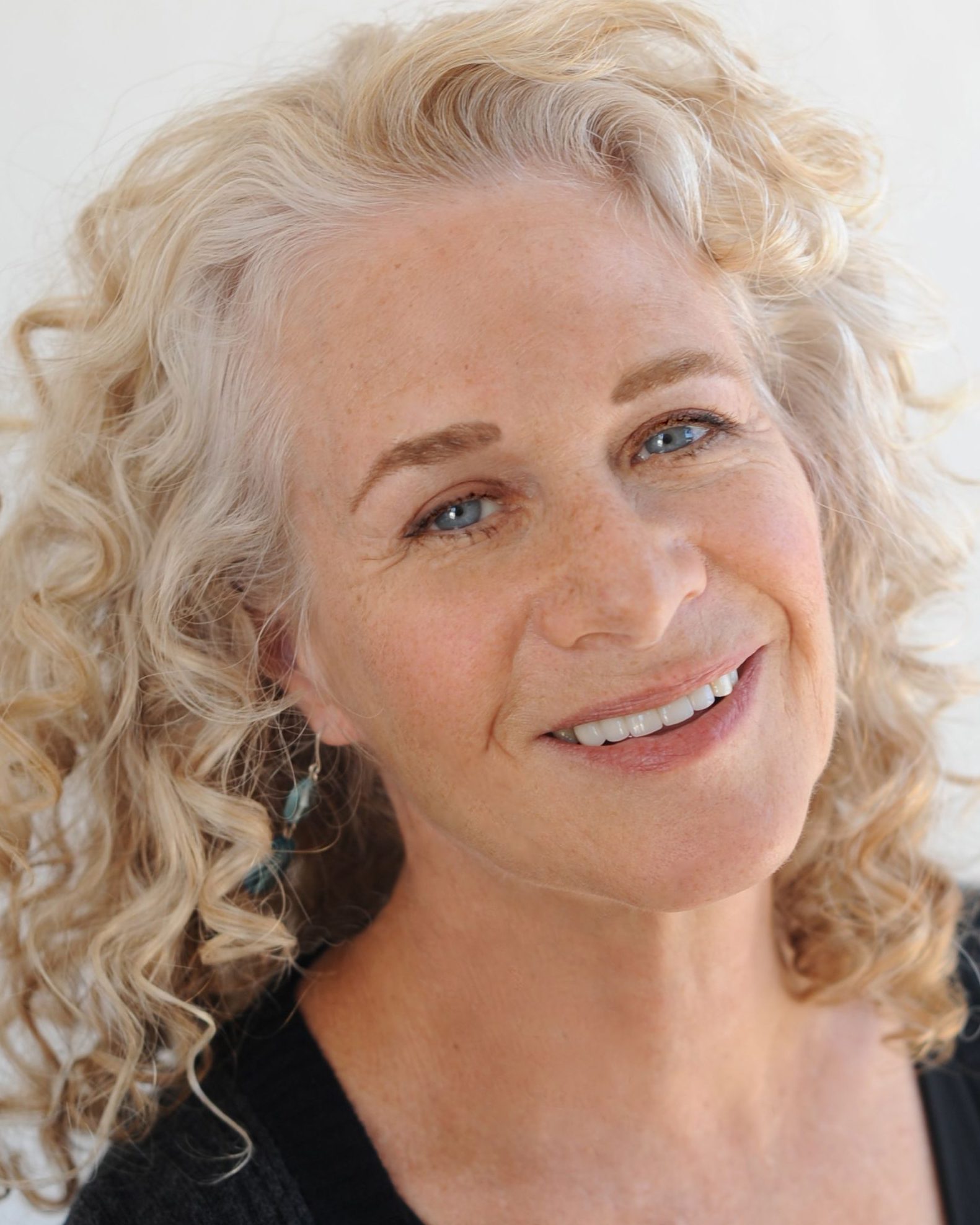
Carole King: Natural Woman, Natural Leader
Iconic singer-songwriter and environmental activist Carole King talks music, activism, and the power of a meaningful gesture. King shares how...
About This Episode
Iconic singer-songwriter and environmental activist Carole King talks music, activism, and the power of a meaningful gesture. King shares how her more than 50 years of activism has helped her see how interconnected issues like the environment, immigration, education and hunger truly are. “We are all connected as humans, whatever our party is, and we are all connected on the issues because the issues are interconnected,” King believes. “Hate is a feeling and it’s genuine and people feel it, but the way it has been misused and abused by so many people in politics is ugly… I want to encourage love and I want to encourage civil discourse.” This commitment is evidenced in King's decades-long fight to protect national forests in and around her adopted state of Idaho as an advocate for the Northern Rockies Ecosystem Protection Act. “I take so much joy from the proximity to nature. It is intrinsically heartwarming. It nourishes us,” she says. Join us for a conversation with an icon who shares her strength through her music and beyond.Resources and Mentions:

Carole King
Singer/Songwriter Environmentalist
https://twitter.com/Carole_
Alliance for the Wild Rockies
https://allianceforthewildrockies.org/nrepa/Alliance for the Wild Rockies (AWR) formed in 1988 to meet the challenge of saving the Northern Rockies Bioregion from habitat destruction. We are thousands of individuals, business owners, and organizations taking a bioregional approach to protect and restore this great region. Our mission is to secure the ecological integrity of the Wild Rockies Bioregion through citizen empowerment and the application of conservation biology, sustainable economic models and environmental law. We have worked to protect thousands of acres of old growth forests from road building and logging in Montana’s Seeley-Swan Valley. We have stopped a 2,900 acre timber sale on the western border of Yellowstone National Park, saving 500 acres of old growth forest and preventing new logging roads from cutting into grizzly bear and lynx habitat. We have fought for native species both large and small, from mountain lions and wolverines to bull trout and ground squirrels. We are educating the public every day about the value of old growth forests and clean mountain watersheds. We are actively promoting the conservation of biological corridors between wilderness areas so that grizzlies, lynx, wolves, bison, and countless other native species can not only survive, but thrive. We are one of the smallest environmental organizations in the country, yet we have a huge impact. A membership-based, nonprofit organization, our board and advisors include some of the nation’s top scientists and conservationists, and their research and experience strongly supports the argument for the Northern Rockies Ecosystem Protection Act.


